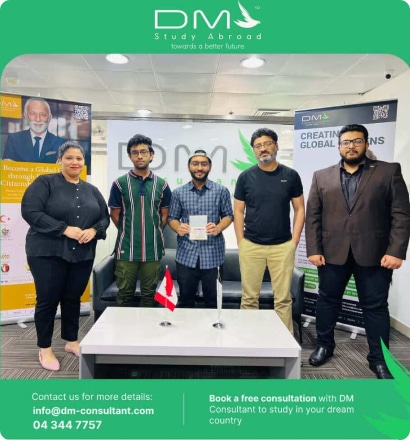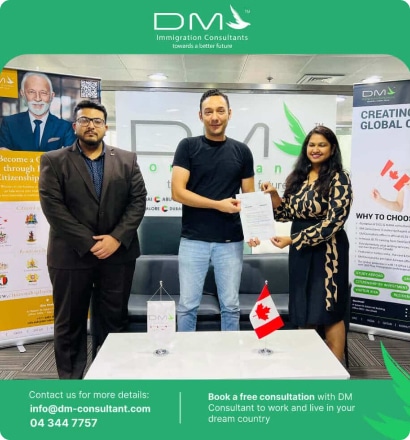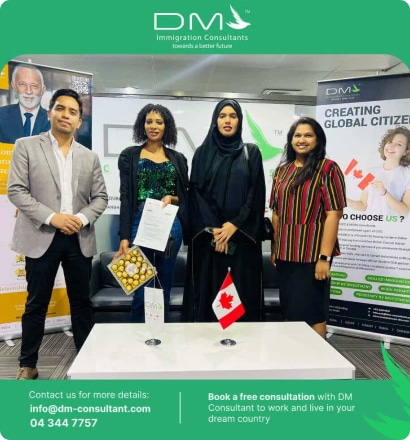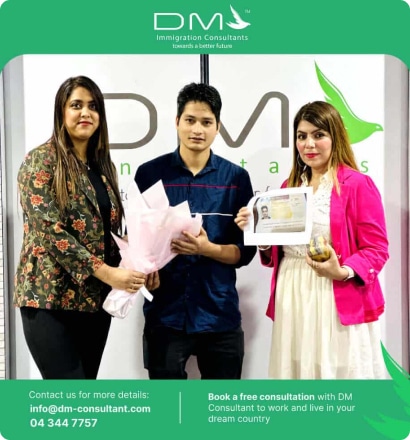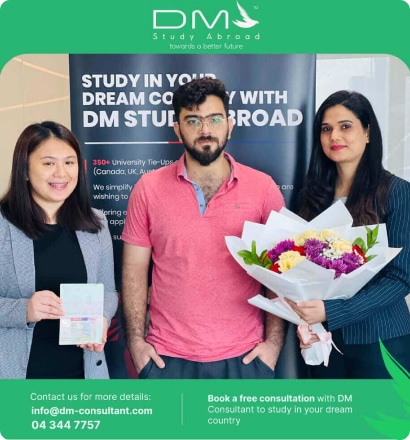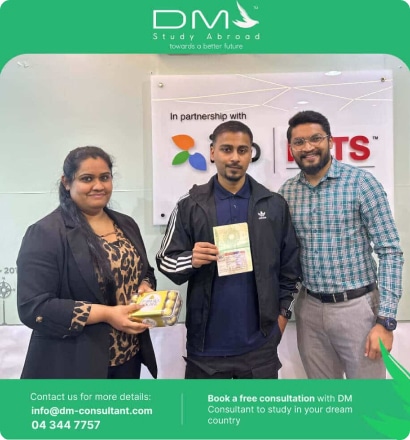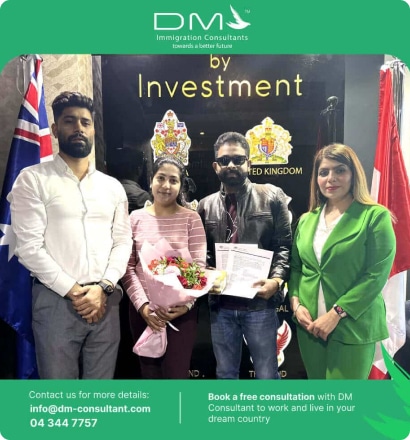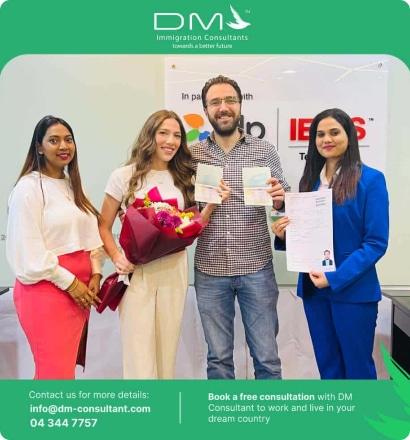Kitchen Stewarding Supervisor
The Stewarding Supervisor is responsible for a smooth and efficient stewarding operation and supervises the daily stewarding operation according to Chief Steward recommendation and planning.
- To control the activity of the Stewarding operation.
- To conduct the briefing if the Chief Steward is absent.
- Do scheduling, record keeping, initiate reports, requisition and maintain orders (when the Chief Steward is absent).
- To check the staff grooming, discipline and behaviour.
- To control the staff assignments.
- Do daily and periodic cleaning action for all storage, preparation and service areas.
- To follow up a rational cleaning schedule for all food handling and storage areas.
- To follow up a proper equipment storage system in order to minimise the loss and breakage.
- To follow up all function sheets.
- Checks requirement for function with Outlet Manager.
- To set up and clearing station on all functions.
- Preparing storeroom requisitions for approval by Chief Steward.
- Assist in preparing inventory list for outside/inside banquets and check inventory again upon return of equipment.
- To check the chemical consumption and report any problems to the Chief Steward.
- Check staffing according to the function.
- Ensure that all staff under their supervision is fully aware of house rules and that these rules are implemented.
- To establish working hours and ensure employee discipline training with the assistance of Chief Steward.
- To follow procedures and regulations concerning hygiene and safety.
- To make sure that all materials and equipment made available to the outlet are correctly used and participate in inventory taking.
- Supervising the cleaning is necessary to meet the requirements of the local healed code and provide general sanitary conditions for guests and employees.
- Establish and maintain par stocks of chinaware, glassware, silverware and other miscellaneous operating supplies to facilitate service in the restaurants, room service, bar, banquet, butchery and kitchen areas.
- To establish and maintain effective employee relations.
- To perform related duties and special projects when assigned.
- To lilies with the engineering department for all technical requirements through / with the stewarding activities.
- Maintains equipment security by locking storerooms and doors and making routine checks of cupboards in all areas of his department.
- A food handler certificate is mandatory. Experience:
- A minimum of 3 years of experience in the hotel industry.
- Proven experience working in top luxury resorts is a plus.
- Proven food and beverage management experience technical skills:
- Great leadership and teamwork skills
- Computer skills
- Knowledge of Hygiene and Safety Procedures
- Self-motivated and proactive
- Strong organizational skills
- Enthusiasm and willingness to learn
- Great attention to detail
- Ability to work in a high pressure fast paced environment.
- Great communication skills
- Fluency in English and another language, written and verbal communication.
- Knowledge of a third language is a plus.
Thinking Strategically – Is the drive to scan the external environment, assess the impact of external factors on CHR, and identify potential changes in direction. It is the ability to stand back and think about the broader perspective in order to visualise the way forward. It includes understanding the business implications of decisions and the ability to strive to improve organisational performance.
- Seeks to comprehend the hotel’s key performance indicators under their scope of duties
- Try to keep oneself abreast of the department/ hotel’s performance on guest reviews and financial performance. Innovation is about creative thinking – inventing new ways of doing things. Developing new solutions, new approaches and new perspectives.
- Questions concerning conventional working methods
- Generates new ideas and innovative solutions to problems by importing ideas from outside the organization
- Actively seeks out and incorporates new suggestions and ideas
- Managing resources – This refers to the ability to plan, and deploy our talents in a way that not only optimizes their strengths
- but ensures resources available are also optimized for productivity and the attainment of CHR’s goals.
- Optimize staff scheduling by analyzing historical data, occupancy rates, and weekly/monthly trends to ensure adequate coverage.
- Ensure the right team members are occupying the right roles
- Ensure teams have access to the right and sufficient resources to carry out their work
- Ensure teams are aware and equipped to optimally use the materials, tech, equipment and other resources at hand
Inspiring Excellence –: Inspiring Excellence is concerned with surpassing a standard, not simply achieving results. This standard may be one’s own past performance, an objective measure or standard, challenging goals one has set, or innovative ideas. At the higher levels, it implies the intent to hold people accountable to standard of performance
- Identify opportunities and contribute to improving current standards of excellence
- Ensures the standards of excellence are implemented and maintained
- Inspires team to go over and above the bare minimum to set higher bar for excellence
- Customer Experience – Focusing one’s efforts on discovering and meeting the customer’s needs. “Customer” may be broadly
- defined, including hotel guests, tour operators, internal “customers” / colleagues.
- Monitors customer satisfaction
- Looks for opportunities to further personalize the level of service
- It is proactive and promptly takes ownership for correcting customer-service problems
Initiative – Initiative refers to the identification of a problem, obstacle or opportunity and depicts a strong bias for taking action in light of this identification to address current or future problems or opportunities. Being a self-starter, an autonomous and pro- active individual, and demonstrating a “can-do” approach to work are evidence of this competency in action.
- Acts quickly and decisively in a crisis or other time-sensitive situations
- Anticipates and takes action to create an opportunity or avoid future crisis
- Fosters a culture where team members feel encouraged to take initiative within the scope of their roles
Valuing our Diversity – Valuing Diversity means taking an interest in understanding differences (age, gender, culture etc). It includes adapting one’s behaviour to others’ way of thinking and being within the boundaries of CHR values. At the expert levels, it involves using a deep understanding and acceptance of differences to build a competitive advantage for CHR.
- Adapts own behaviour based on an accurate understanding of others’ culture, background and way of thinking. Goes beyond demonstrating basic appropriate manners
- Takes action to learn the basics of colleagues’ or guests’ native language
- Accommodates for our team differences to improve own effectiveness in communication
Leading Teams – Leading Teams are the ability to orchestrate the work of teams, creating a culture of empowerment, that will move the organization forward and enhance team effectiveness. The “team” here is understood broadly as any group in which the person takes on a leadership role, including the enterprise as a whole.
- Fosters communication among team members.
- Provides individual developmental feedback that focuses on the goals of the team and individual task accomplishment.
- Reinforces positive team member contributions.
- Is a good listener and mentor
- Treats all team members fairly and equally, applying the same standards and consequences for all parties
Collaboration – Working cooperatively with others, as part of a team, and as opposed to working separately or competitively. This competency should be considered when the employee is a member of a group of people functioning as a team, where he or she is not the leader.
- Genuinely values others’ input and expertise
- Displays willingness to learn from others, including subordinates and peers
- Solicits ideas and opinions to help form specific decisions or plans
Committed to Learning – This consists of recognising personal strengths, development needs and evolving circumstances in the surrounding environment, and taking the necessary steps to improve current and future capability.
- Seeks out new approaches, tools, methods and/or technologies in own field of expertise
- Invests in time, energy, effort on the job to adopt new approaches and new ways of doing things
- Demonstrates curiosity to further one’s understanding beyond immediate requirements and outside of the department
Agility – The ability to adapt to and work effectively within a variety of situations, and with various individuals or groups. This entails being open-minded to change and easily accepting changes in one’s job requirements and circumstances. At the higher level, this involves helping others to successfully integrate and adapt to change.
- Understands the logical basis for change and effectively manages own personal resistance to change
- Encourage others to accept change willingly
- Keeps pace with the demands of modern business landscape
- Drives the use of technology
Ability to manage changing guests’ expectations, disruptive situations, unexpected emergencies, or fluctuating business conditions, while fostering positive relationships with colleagues and guests and seeking fulfillment and meaning in one’s work.
Prioritizing one’s physical, mental, and social health, in a way that includes the feeling of living a fulfilling, healthy, and balanced life.
- Does not get involved in other’s criticisms or negative perceptions
- Prioritizes and continues to work effectively in the face of disruptive situations
- Take a moment to manage your own emotions in challenging situations
